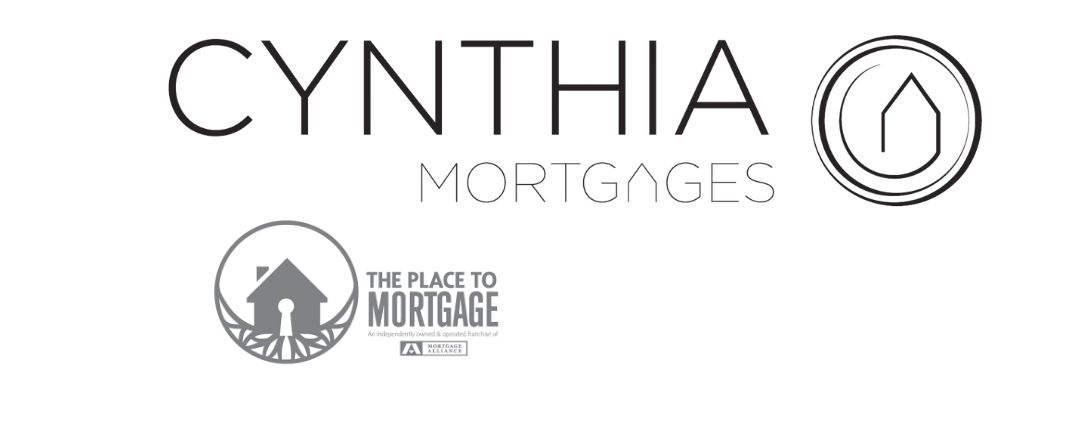How to Handle Missed Payments
If you’ve missed a payment on your credit card or line of credit and you’re wondering how to handle things and if this will impact your creditworthiness down the road, this article is for you.
But before we get started, if you have an overdue balance on any of your credit cards at this exact moment, go, make the minimum payment right now. Seriously, log in to your internet banking and make the minimum payment. The rest can wait.
Here’s the good news, if you’ve just missed a payment by a couple of days, you have nothing to worry about. Credit reporting agencies only record when you’ve been 30, 60, and 90 days late on a payment. So, if you got busy and missed your minimum payment due date but made the payment as soon as you realized your error, as long as you haven’t been over 30 days late, it shouldn’t show up as a blemish on your credit report.
However, there’s nothing wrong with making sure. You can always call your credit card company and let them know what happened. Let them know that you missed the payment but that you paid it as soon as you could. Keeping in contact with them is the key. By giving them a quick call, if you have a history of timely payments, they might even go ahead and refund the interest that accumulated on the missed payment. You never know unless you ask!
Now, if you’re having some cash flow issues, and you’ve been 30, 60, or 90 days late on payments, and you haven’t made the minimum payment, your creditworthiness has probably taken a hit. The best thing you can do is make all the minimum payments on your accounts as soon as possible.
Getting up to date as quickly as possible will mitigate the damage to your credit score. The worst thing you can do is bury your head in the sand and ignore the problem, because it won’t go away.
If you cannot make your payments, the best action plan is to contact your lender regularly until you can. They want to work with you! The last thing they want is radio silence on your end. If they haven’t heard from you after repeated missed payments, they might write off your balance as “bad debt” and assign it to a collection agency. Collections and bad debts look bad on your credit report.
As far as qualifying for a mortgage goes, repeated missed payments will negatively impact your ability to get a mortgage. But once you’re back to making regular payments, the more time that goes by, the better your credit will get. It’s all about timing. Always try to be as current as possible with your payments.
So If you plan to buy a property in the next couple of years, it’s never too early to work through your financing, especially if you’ve missed a payment or two in the last couple of years and you’re unsure of where you stand with your credit.
Please connect directly; it would be a pleasure to walk through your mortgage application and credit report. Let’s look and see exactly where you stand and what steps you need to take to qualify for a mortgage.








